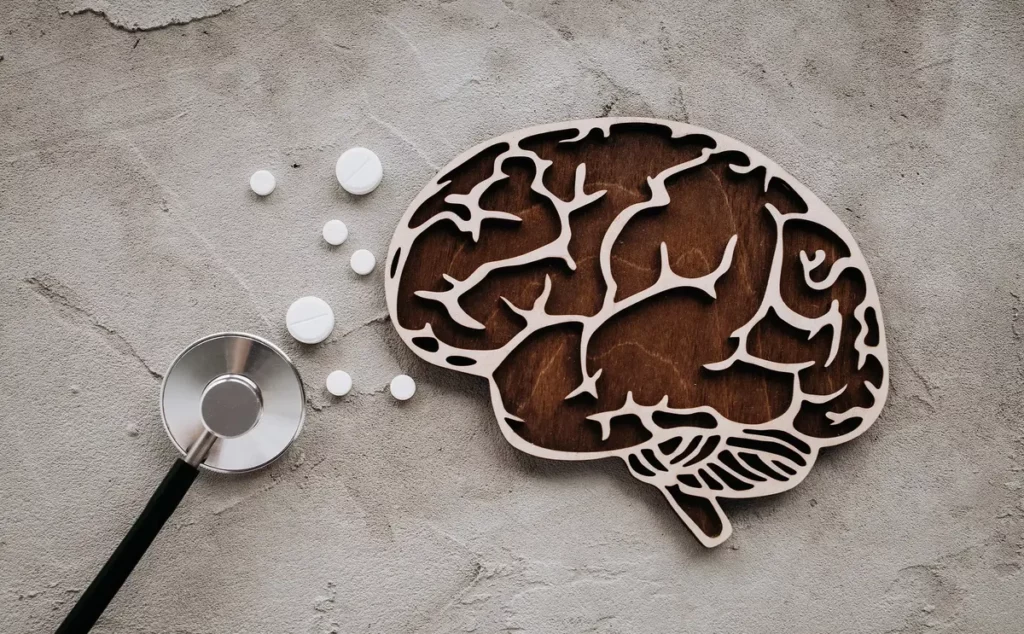Heart attacks and cerebrovascular accidents (strokes) mainly occur due to blood flow obstructions that prevent blood from reaching the heart or brain.
The most important causes of heart disease and stroke are an unhealthy diet, lack of physical activity, tobacco use, and harmful use of alcohol.
Symptoms
The most common symptom of stroke is loss of muscle strength in the arms, legs, or face, usually on one side. Other symptoms consist of:
- Numbness in the face, legs, or arms, usually one-sided
- Confusion
- Difficulty speaking or understanding what is being said
- Visual problems in one or both eyes
- Difficulty walking
- Dizziness
- Loss of balance or coordination
- Severe headache of unknown cause
- Weakness or loss of consciousness
The central nervous system has the ability to respond to brain injury. In a stroke (brain infarction or hemorrhage) thousands of neurons that had a specific bodily function such as moving the arm or leg, language, swallowing, etc. are injured. Unfortunately, those lost neurons cannot be recovered, however, the nervous system has neuroplasticity. The remaining neurons learn new functions and allow the body to regain function. It is a relearning process, and just as you learned to walk, ride a bike, or write, repetitive activities are required to perfect motor control.
Rehabilitation and recovery
A good rehabilitation program includes motor retraining based on the performance of specific daily life tasks. Physical rehabilitation is the cornerstone for the gradual recovery of patients after a stroke.
After having suffered a stroke or cerebrovascular disease (CVD), a percentage of spontaneous recovery is expected. Within the first three months this recovery is obtained quickly and lasts up to six months. After this period, motor recovery continues but is slower. Being in a rehabilitation program stimulates the reorganization and relearning of daily life activities until the maximum recovery potential is achieved. Every patient who has suffered a stroke must be receiving physical therapy, so it is important to be in constant communication with your doctor.
At the Neurological Center – STROKE of the ABC Medical Center we can give you specialized care. Contact us!


